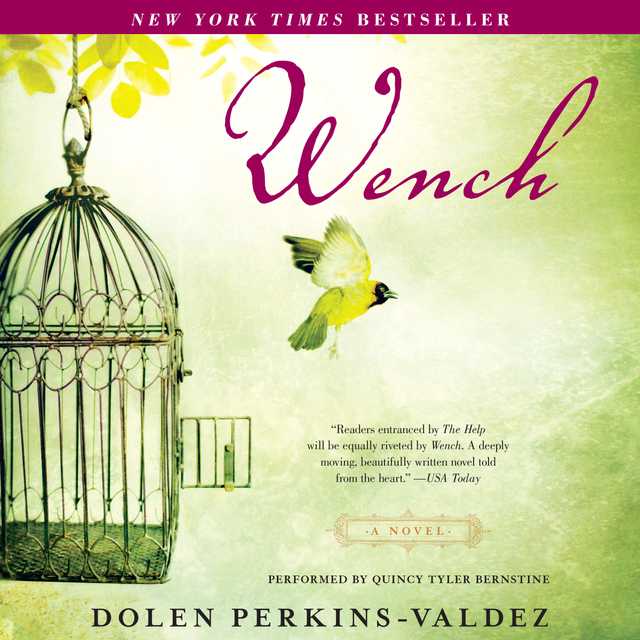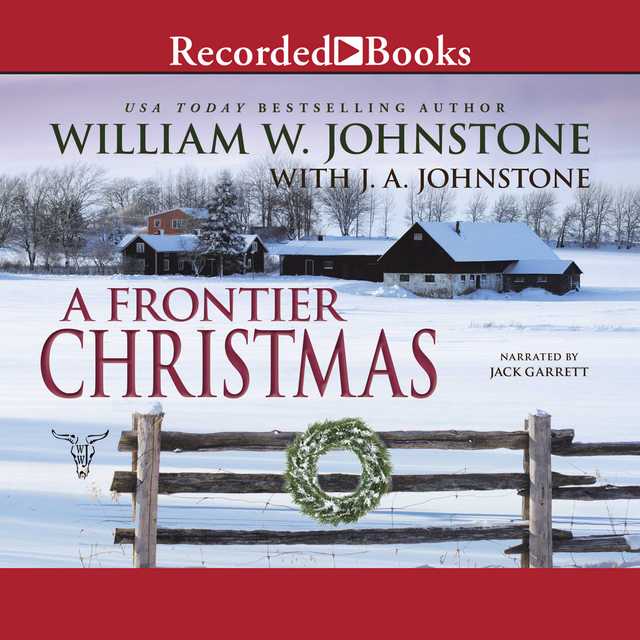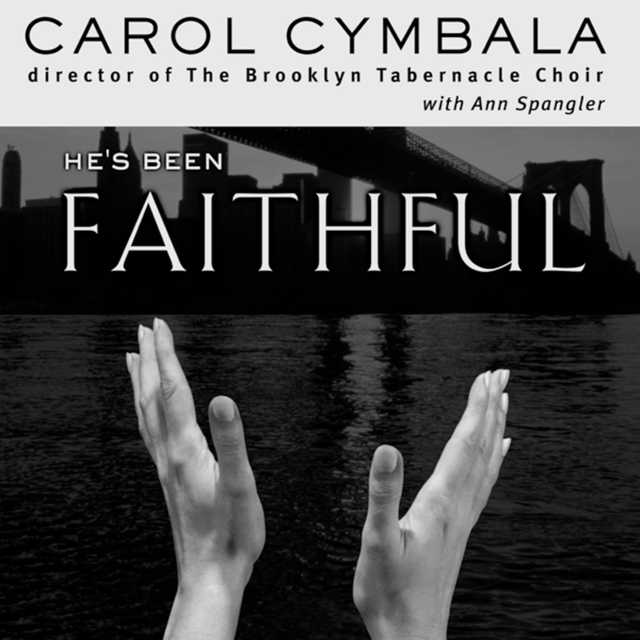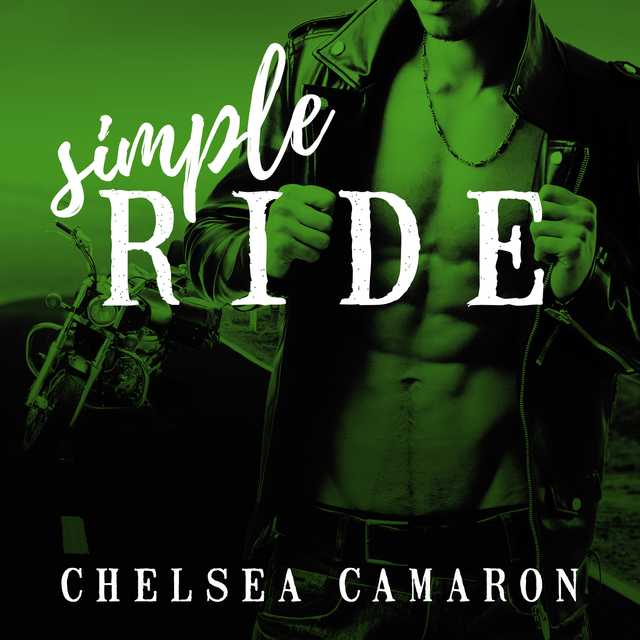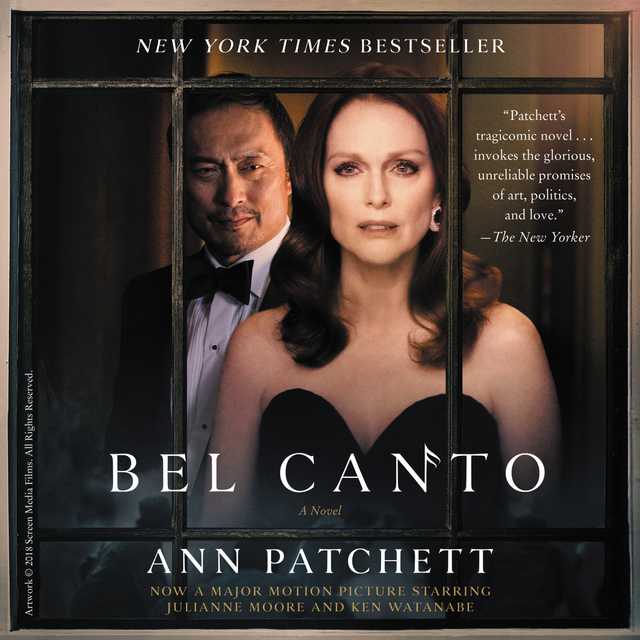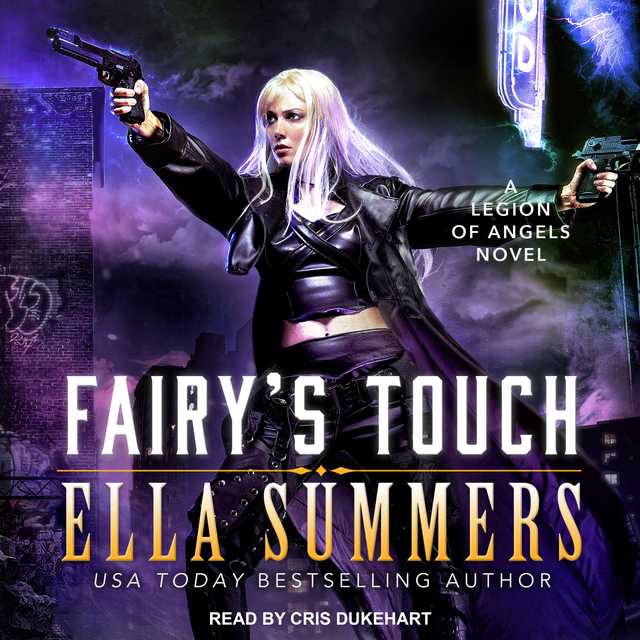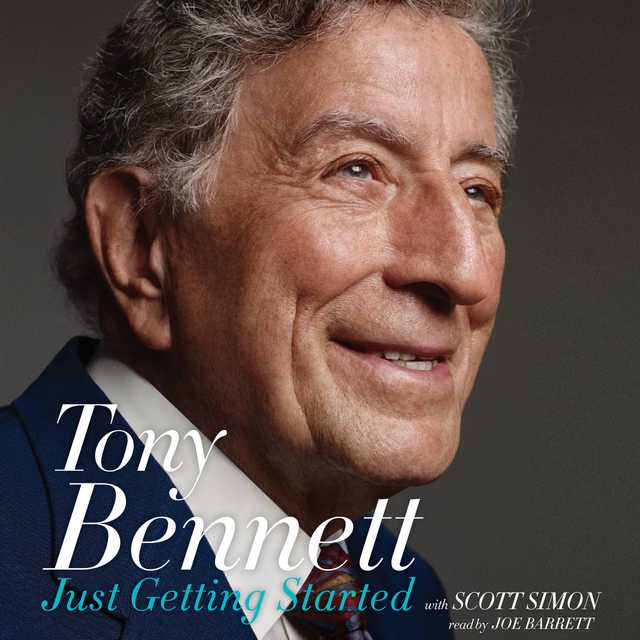Wench Audiobook Summary
Wench by Dolen Perkins-Valdez is startling and original fiction that raises provocative questions of power and freedom, love and dependence. An enchanting and unforgettable novel based on little-known fact, Wench combines the narrative allure of Cane River by Lalita Tademy and the moral complexities of Edward P. Jones’s The Known World as it tells the story of four black enslaved women in the years preceding the Civil War. A stunning debut novel, Wench marks author Perkins-Valdez–previously a finalist for the 2009 Robert Olen Butler Short Fiction Prize–as a writer destined for greatness.
Other Top Audiobooks
Wench Audiobook Narrator
Quincy Tyler Bernstine is the narrator of Wench audiobook that was written by Dolen Perkins-Valdez
Dolen Perkins-Valdez is the author of the New York Times bestselling novel Wench. In 2011 she was a finalist for two NAACP Image Awards and the Hurston-Wright Legacy Award for fiction. She was also awarded the First Novelist Award by the Black Caucus of the American Library Association. She lives in Washington, D.C. @Dolen / dolenperkinsvaldez.com
About the Author(s) of Wench
Dolen Perkins-Valdez is the author of Wench
More From the Same
- Author : Dolen Perkins-Valdez
- Take My Hand
- Balm
- Publisher : HarperAudio
- Abraham
- American Gods [TV Tie-In]
- Dead Ringer
- House of Sand and Fog
- Prey
Wench Full Details
| Narrator | Quincy Tyler Bernstine |
| Length | 8 hours 15 minutes |
| Author | Dolen Perkins-Valdez |
| Category | |
| Publisher | HarperAudio |
| Release date | March 30, 2010 |
| ISBN | 9780062009425 |
Subjects
The publisher of the Wench is HarperAudio. includes the following subjects: The BISAC Subject Code is African American, Fiction, General
Additional info
The publisher of the Wench is HarperAudio. The imprint is HarperAudio. It is supplied by HarperAudio. The ISBN-13 is 9780062009425.
Global Availability
This book is only available in the United States.
Goodreads Reviews
Will
March 04, 2020
Set in the mid 19th Century, Wench offers a fictionalized account of a very real and strange practice. Southern slaveowners would vacation in a particular Ohio resort and take slave women along as their vacation partners, leaving their wives at home. The story centers on several slave women, their different backgrounds, experiences with slavery and relationships with the masters. All are used sexually, but one, Lizzie, holds actual feelings for her owner. Dolen Perkins-Valdez - from her Twitter pageThis is an engaging story, one that offers some insight into what it might have been like to be a slave. It raises questions about the experience. For example, is it at all possible for a person who is regarded as chattel to have real affection for her owner, however kind that man may be? Can a slave ever give herself freely to her owner or is any physical relationship rape by the nature of the relationship between the parties, in the same way that society today considers sex between an adult and a minor rape because a minor is assumed not to have the ability to offer responsible consent? One might think that slaves brought to free Ohio would seize every opportunity to flee. But what if their children were still back on the plantations as insurance for their return?I was engaged with the book pretty much for its entirety. I questioned a few decisions the author made for her characters, wondering if they really would have acted in such a manner. But overall, this is a solid read, offering payload in the form of a look at an odd aspect of the history of slavery in America. ==============================EXTRA STUFFLinks to the author’s personal, Twitter and FB pagesPerkins-Valdez's subsequent novel Balm was released in 2015
Tayari
May 29, 2010
Today I received my copy of Wench, the new novel by Dolen Perkins-Valdez. I really loved this book. (And what a gorgeous cover!)The novel is set at Tawawa House-- an actual Ohio resort where white plantation owners vacationed with their enslaved mistresses.I know that there are some readers who are very tired of the American fixation with slave mistresses. I know know where you are coming from. However, this novel is different. For one thing, Wench is the story of four women who are in the same situation. This is a wonderfully modern twist on the historical novel. The four-friend structure, a sly wink at Terry Mac, allows us to see how different women respond to the conundrum of sexual slavery. Never in all my reading have I ever seen enslaved mistresses talk to each other. (Their conversations will give you a lot to think about.)One of my favorite scenes is when one of the women is saying how much she liked Tawawa House because "we can spend time with our men." Another woman says, "You know he's not your man, don't you?" A Tawawa House, some women play house with their "master" while others plan escape. This is a hard book to describe. After reading it, I feel weird using the word "mistress." I feel like we need a whole new vocabulary. What do you call a woman who is in a sexual relationship with a man who can sell her kids if he feels like it? Are you a "mistress" if you travel to a resort vacation literally in chains? This book is not romantic, nor is it preachy. Dolen wrestles with the truth and doesn't blink.The most impressive aspect of this story is Dolen's way of making you unsure of who is right, and who has the best idea. I read this novel is one greedy gulp. The intellectual in me was intrigued by the historical matter. The philosopher in me was roped in with questions about the nature of freedom and progress.Finally, the part of me that curls up in a slanket, well she stayed up late at night reading because I just had to know what was going to happen next.
Monica **can't read fast enough**
April 20, 2022
Reading WENCH required me to constantly push aside my modern sensibilities. Knowing what enslaved women had to endure and in many instances convince themselves of in order to simply survive and maintain some sense of sanity is hard to accept. Lizzie is the perfect example of the divided and sometimes misguided loyalties that many slave women had to face. Taken from the only home that she had known and placed on a new plantation at a very young age, Lizzie doesn't have any semblance of a childhood. Lack of affection, courtesy, and any positive attention Lizzie is ripe for being emotionally manipulated by her master. What put a little knife in my heart is the fact that a very young Lizzie is easily seduced by minimal kindness and glasses of water. The four women followed in this story all have very different and unique personalities. They are all handling their stations in life differently but with one common thread. None of them have any say over their lives or the lives of the people they love; not even their children. Of the four women, only Lizzie has any affection for the man who holds her in bondage. Because of her conflicting loyalties it takes her a while to figure out her real place in the world and I found that just as frustrating as the other three women in the story. I had to remind myself that Lizzie is forced into womanhood and motherhood so quickly and at such a young age that she had to find a way to cope with what happens to her. Convincing herself that Drayle cares for her and her children makes things tolerable. However, Lizzie's willful blindness cause great harm to other people who should have been able to count on her. Although I did enjoy WENCH there were a few circumstances left unfinished and I have some unanswered questions that I would have liked to have had filled in. The story ends abruptly and I just didn't feel as if the story was finished. If it had been an ebook instead of a physical book I would have sworn the last of the story hadn't downloaded. WENCH was published in 2010 and there is no follow up as of yet which is a shame. I would have loved to have gotten a story for Reenie and Mawu although I know that Mawu's story would be gut wrenching. Where you can find me:•(♥).•*Monica Is Reading*•.(♥)•Twitter: @monicaisreadingInstagram: @readermonica
Zanna
November 25, 2015
Lizzie is a woman in love, on holiday with her lover, a man married to someone else... or is she? What happens to these phrases when we add that Lizzie is a slave, and her 'lover' is her master? Wench confronts this problem from Lizzie's perspective:Inside the cottage, Lizzie felt human. She could lift her eyes and speak the English Drayle had taught her. She could run her hands along the edges of things in the parlour – two chairs, a sofa, a wooden table, a tall oil lamp with a milkglass base, a cast-iron stove – as if they were hers. And she could sit.If Lizzie's occasional access to such simple pleasures is exceptional for a slave, Perkins-Valdez leaves us in no doubt about the limited extent of her privileges when on the very next page we read her rehearsing a calm request, but then begging Drayle to free their children, the only ones he has fathered. Drayle sidesteps, avoiding the question. There's never the slightest suggestion of equality in their relationship; though Drayle sometimes makes an effort to keep Lizzie sweet, she is his servant at all times and in all ways. Reading community reviews of this book, I can see that many readers found the topic extremely painful and difficult to read. The ambiguities and implications of Lizzie and her children's status make this a deeply uncomfortable book.However, there are a lot of things that make it an enjoyable book, less harsh, I felt, than other slave stories. Chiefly, there is friendship. No doubt about this. The relationships Lizzie has with Mawu, Philip, Reenie and Sweet are troubled at times, but they are real, strong and meaningful to her. Her attraction to Mawu is especially beautifully written, at times with sweet hints of eroticism. Mawu herself, the novel's most vibrant character, lifts the book as much as she does the social life of the group of slaves, leavening their lives with her sharp tongue, her magical cooking, her unsubdued spirit. When Lizzie looks at her, she wonders if she has ever been beaten, because she holds herself so boldly, but it turns out that Mawu's life has been full of extreme suffering including many beatings. Three of her four children have been sold, only one boy has not, because a brain injury has made him less saleable. This reminded me of Kindred, in which the cook has only been able to keep one of her children, a deaf girl. Wench reminded me of My Brilliant Friend and Code Name Verity because of the shared strategy of having the viewpoint character admire a bolder friend. I appreciate this move, because it's much easier for me to relate to a fairly timid and ordinary person in awe of someone impressive and charismatic than to imagine myself into the shoes of such a fabulous person!Two white women are important in Lizzie's life: Drayle's wife Fran, who is typical of master's wives in being neurotic, jealous and annoying, making Lizzie into 'a giant ear', attempting to sell her behind Drayle's back, making temporary pets of her children and generally being a royal pain in the ass, but there are moments when a flicker of empathy appears in her, such as when the trader gropes Lizzie in front of her and she 'looks nervously out of the window', and more decisively when she protects her from Drayle's attentions when she is sick (view spoiler)[after drinking a concoction that brings on abortion. (hide spoiler)] The other woman is Glory, who lives near the resort and, opposed to slavery and racism, helps Lizzie and Mawu. The first thing she does is show Lizzie where to find some beautiful flowers. The description of these is truly beautiful, linking colours in nature to emphasise a relationship between aesthetic experience, connection to the land, and freedom.Lizzie's deep friendship with Philip is a source of strength and support, and his narrative journey has heartening aspects. He falls in love with a freeman's daughter, and Perkins-Valdez uses his story to explore one of the ways a person might get out of slavery. She is very skilful in giving each character a distinct personality at the same time as she builds the ideas she wants to communicate into their stories – I feel the book has depth philosophically, intellectually and emotionally, written into the relationships and events at all levels, in beautiful, easily readable prose and a carefully structured plot. I'll read anything Perkins-Valdez writes.My favourite thing of all is the regular supply of references to Africa, brought most palpably to the resort by Mawu who has rebelliously renamed herself, who carries things on her head 'the way they had in the old country' and learns spiritual knowledge and spells from 'an old conjuring man who lived back of the plantation'. Mawu's disdain for the religious beliefs of the other slaves makes this book more appealing to me personally than slavery stories where the protagonists find strength and solace in Christianity. As well as this window to an imaginary beyond the limits of Euro-American thought, (another, smaller, but no less real is in the name of the resort Tawawa, which Perkins-Valdez is careful to note is the 'Shawnee Indian word for “clear water”') there are other strands that offer hope, such as the neighbouring resort for free black people, which they are guided to by Glory (though she warns them against approaching too closely) and where Lizzie imagines her own daughter as a (care)free girl, and the hints that foreshadow the Civil War. Through all the pain, all the violation and outrage, there are whispers of better things on the way.
Lois
July 26, 2018
This remains as good as I remembered.
Rashida
March 01, 2011
Slavery in America. What an awful window into the human soul. Being a black woman, it's a subject that I both never wish to have to confront again, but also know that I MUST be educated about, even when the social institutions responsible for conveying history fail to give it the proper illumination. So, I go through these reading binges and purges, where I read many books on slavery and then just bear to read another word. I first heard of Wench when I was at the end of a binge, and I had no interest in reading this novel, frankly. I was emotionally worn on the subject, and reading the descriptions, I was imagining some Harlequin romance retelling. So, it did not make the to-read shelf.But my Goodreads friends kept reading it and giving it more stars than less. And if I may brag on y'all, I have some pretty reliable goodreads friends with pretty sophisticated taste levels. So, while being dragged through some huge big box member only warehouse store, I saw this book on the paperbacks table and decided to make my own contribution to the development of literary fiction by a person of color.Though I've gone this far without mentioning what I thought of the book, yet, I hope that you'll agree with me that the background was necessary to highlight my attitude going into this: ambivalent at best. I was pleasantly surprised. Perkins-Valdez takes a historical footnote and seems to realistically extrapolate it into this portrait of women that history has ignored. In telling the story of four different women, she shows the different ways that a woman's life in this circumstance could have looked, while showing the undeniable cruelty involved in any iteration of this system of human bondage. I am grateful to her for writing such a story. I could not fulfill my duty of being educated about my ancestors if there are not people willing to tell the stories, and to do so beautifully.What this book, and truthfully many books in this genre, does not do, is answer the question: how could this happen. It does not get into the mind of the men and explain how a person could, without experiencing a psychotic break, view a person as both their lover and their property, their child and no better than an animal. Perkins-Valdez wasn't necessarily trying to do this, but it remains the great unanswered for me. How did the people responsible for such unthinkable acts justify themselves. Adding to the unfathomable failure of so many human beings to act in a recognizably human manner is that fact that these men are professing to have some sort of feeling for these women. Yes, maybe just lustful, but in the very act of bringing the women to a vacation resort, aren't they acknowledging that there is a degree of humanity to them. That their lives have room for improvement from the conditions they are regularly subjected to? So, how? Just how did slavery happen?Yes, I know that just as there are first hand accounts of slavery surviving, there are some (though not many, and not representing the average) first hand accounts from slave owners themselves. But, for all my questioning of motives and justifications, I cannot honestly say that I wish to expose myself to them.The main point of this review, then, is that the subject matter is difficult, the reading of it is painful, many raised questions are unanswered because they are unanswerable, but if you are up to it, these women's stories deserve to be read.
Melodie
September 17, 2015
This was an ambitious debut work.The title alone was a punch to the gut. Slavery is a tough topic,one that is multi-layered and fraught with landmines with potential to offend.Wile I found her to be a little wordy,I found the author up to the task on the subject. Four slave mistresses accompany their masters,leaving wives and children, to a resort in the free state of Ohio. There the men and their slave mistresses occupy little cottages around the property. This strange arrangement is an open secret among the patrons of the resort. But while the men hunt and loll about on vacation,their mistresses continue just as they would on the plantation,cleaning, cooking and being available for sex on demand. The women are cautious with each other at first,but over time become friends and confide their individual stories.One woman has a dangerous and seeming impossible dream of freedom. But in this she stands alone.Over time though, each of the women come to covet that dream for themselves. The reader is offered an insight into the hearts and minds of these women.There are many shades of gray in this story.One of the women struggles throughout the book because she has very real loving feelings toward her master/lover.But she sees him and their relationship clearly for what it is.Talk about conflict.As each of the women seek freedom, this woman is the last to come to terms with her dream of it and the reality of her situation. I love historical fiction for the opportunity to learn and to challenge myself to think deeply on often uncomfortable topics.This one will stay with me for awhile.
Annie Belle
February 13, 2020
The writing is phenomenal, the story is gut wrenching and incredible. There’s so much in this novel about the importance of gender during this time and the significance of it as well as just the story in itself. Very important read and very powerful.
Irene
April 20, 2015
Reviewed for Author Exposure: http://www.authorexposure.com/2011/04...In 1852, as the blistering summer heat descends upon the South, numerous plantation owners abandon their dejected wives and depart with their preferred slave “mistresses” to vacation in the cooler climates across the river in Ohio. Among them is Nathan Drayle of Tennessee, who arrives with his slave horseman, Philip, and his slave “mistress”, Lizzie, the mother of his son and daughter. Despite Nathan’s calculated prepubescent seduction, Lizzie steadfastly believes he loves and respects her. In his cunning deceit to sexually claim her, he taught her to read by steadily luring her with little gifts of beautiful books which she, who owned nothing, treasured and kept secret. “She was afraid of him, but with each reading lesson she allowed him to take one more step with her….At first, he asked to touch her. Later, he did not. Each touch was like a payment for his kindnesses…” (Page 92)While the Southern men enjoy the numerous amenities of the grand hotel, Lizzie delightedly mingles with other cottage friends, Sweet, Reenie and Mawu. They are all abuzz about their year apart. With cautious restraint, they adhere to strict schedules and required duties while their masters are away; fully aware of what is expected upon their return.Female friendship, with all its attendant characteristics, is an unfamiliar indulgence to Lizzie. Alliances first formed out of necessity, are now sought to share secrets, provide resilient support when necessary, and enhance the simple pleasures of laughter and companionship.Lizzie, still in awe of the free-state resort, is also curious about another one beyond the thicket of trees where prosperous free black men and women vacation. The concept of such extravagance is foreign to all. Gradually, either by self admission or a master’s humiliation, the repugnant facets of each woman’s history is laid bare, and each contemplates the perilous attempt to escape the psychological and physical chains that bind them. Sweet’s tragic departure lies in a mournful direction. Reenie’s shocking disappearance reveals an unknown strength. Mawu’s unrestrained behavior leads to painful, but predictable consequences. Lizzie, finally able to dispel her previously idealistic certainties about Nathan, chooses a singular approach. Nathan assures her that their son will receive an education, but emphatically denies a similar future for their daughter.“…she thought of Rabbit and what she would teach her…Don’t give in to the white man. And if you have to give in, don’t give your soul over to him. Love yourself first. Fix it so you don’t give him children…Hold fast to your women friends because they are going to be there when ain’t nobody else there…Never forget your name…Don’t be afraid to say how you feel. Learn a craft so you always have something to barter other than your private parts…” (Pages 287-288)“…All these years, she realized, she had been putting her faith in Drayle to free her children. Now she had to put her faith in herself…Each and every day, she reminded herself of this so that she wouldn’t fall backward. She was more than eyes, ears, lips, and thigh. She was a heart. She was a mind.” (Page 290)Wench is compellingly distinctive in its candid approach to the mystifying and intimidating manipulation within the theoretically clandestine relationship between Southern masters and their preferred female slaves. Dolen Perkins-Valdez’ ingenious debut paints a fascinating portrait of the delicate balance which shapes their unpredictable lives and, despite their seemingly lofty position, accentuates the constant fear of dire consequences of any errant word or inadvertent action deemed inappropriate or duplicitous. Utilizing flashback sequences without sycophantic sentimentality, she unflinchingly depicts a vividly detailed narrative about four enslaved women’s lives shackled to their masters’ erratic whims.While reading the book, there is an indefinable fleeting sensation that this author is personally familiar with each life-altering event and, as an observant eyewitness, chronicles a truthful rendering with unwavering scrutiny. Wench immediately captures you, and long after you finish, you will not fail to remember Lizzie, Sweet, Reenie, and Mawu; resilient, steadfast and courageous.
Monique
February 16, 2013
Okay so I must admit with the replaying of Roots: An American Family Saga over the holidays and I dont know my recent fascination with the Civil war and slavery I put this book on hold at a neighboring library and picked it up willingly..I found the premise hands down just so interesting with one of the most intriguing leads ever promoting the story of a resort hotel in the free state of Ohio where Southern slaveowners would leave their strenous (bah) life of running a plantation and using and abusing human beings for profit and travel for unabashed male time and privacy with their slave mistresses..the book's heroines the four Negro wenches Lizzie, Sweet, Reenie and Mawu. This is a brilliant retelling of slave women with no possessions of their own not even time their own thoughts or desires, it was heartbreaking to read the stories of the women in different relationships with the men who own them..Understandably all women harbor the resentment and anger of being a slave and not a willing participant to the "nighttime activities" of the masters but what if somewhere a bit of tenderness grows as in Lizzie's situation where she truly felt that though she was lowly and poor that her master really loved her and offered her kindness when he could though he refused to free her or the children they created together. Lizzie's precarious situation offered just one scenario as you also meet Sweet, a woman whose master obviously adored her and to whom she bore five children for, she seems not as enamored as Lizzie but still has the compassion and at least a form of like for her master while Reenie and Mawu both despise their status, their captors and share the horrific stories of why..With the women in a free state the temptation to escape dances through their head multiple times and for different reasons each must decide if they are strong enough to head on to freedom..I appreciate the realness of the story as they talked about everything dirty, uncomfortable and impossibly sad about the plight of a slave woman..How must it be to not be able to read, not be in charge of your own body, your own mind, your own day, your clothes and in some cases your heart as the women clung to their lives out of love of their children..I had so many feelings as I read and it would have been a five star book if the ending and characters were expounded upon a bit more..I do recommend this book as an eyeopener and a tool to make you think and show you the obstacles we overcame to be so strong..Another great fact you find out about this book is that the resort once used for illicit activites by Southern slaveowners in need of a vacation was taken over by missionaries to be a school to educate free coloreds and this place is still in existence today as Oberlin College..that alone was worth a star and worth recommending.. :)
Daenel
December 07, 2010
It took me a little while to really get into this book, in fact, it took me about a month to read it but once I got into it, it was hard for me to put it down. This novel has so many different themes:the inhumanity of slaverymaternity and the sacrifices women make for their childrenrace relationsthe importance of educationfriendships between womenBut I think the overwhelming theme (and the one that is probably most relevant to today’s audience) is that women are worth more than their “lady parts.” The main character, Lizzie, drives this point home at the end of the novel when she is thinking about the things she needs to teach her daughter so she could survive in a world where her skin and sex determined her worth:Never forget your name. Keep track of your years and how old you are. Don’t be afraid to show how you feel. Learn a craft so you always have something to barter other than your private parts. (p. 238)Wow. This is a powerful statement that simply permeates the novel. The slave women are concubines who are treated as sexual playthings by their masters and scorned by their mistresses, yet, they try to carve out some semblance of love and respectability amongst themselves and others within the slave community.I’d recommend this novel as an additional reading source for a college level American history course. Tawawa House was a real place and the relationship described between the slave masters and the slave women is one that hasn’t really been explored in other writings but could lead to some interesting in~class discussions (especially when considered alongside the relationship between Thomas Jefferson and Sally Hemings).
JanB
March 10, 2010
Eloquent, beautifully written historical fiction. Tawawa House was a summer retreat in Ohio where southern slaveholders often brought their slave mistresses. It now exists as the oldest private university for African-Americans. The story revolves around the friendships among 4 female slaves and offers excellent insight into the complicated relationships among the masters and slaves as well as between the slaves themselves. Their experiences, hopes, dreams and their often heartbreaking choices made for graphic, difficult reading at times, yet I couldn't put it down. A haunting read and one I won't soon forget.
Frequently asked questions
Listening to audiobooks not only easy, it is also very convenient. You can listen to audiobooks on almost every device. From your laptop to your smart phone or even a smart speaker like Apple HomePod or even Alexa. Here’s how you can get started listening to audiobooks.
- 1. Download your favorite audiobook app such as Speechify.
- 2. Sign up for an account.
- 3. Browse the library for the best audiobooks and select the first one for free
- 4. Download the audiobook file to your device
- 5. Open the Speechify audiobook app and select the audiobook you want to listen to.
- 6. Adjust the playback speed and other settings to your preference.
- 7. Press play and enjoy!
While you can listen to the bestsellers on almost any device, and preferences may vary, generally smart phones are offer the most convenience factor. You could be working out, grocery shopping, or even watching your dog in the dog park on a Saturday morning.
However, most audiobook apps work across multiple devices so you can pick up that riveting new Stephen King book you started at the dog park, back on your laptop when you get back home.
Speechify is one of the best apps for audiobooks. The pricing structure is the most competitive in the market and the app is easy to use. It features the best sellers and award winning authors. Listen to your favorite books or discover new ones and listen to real voice actors read to you. Getting started is easy, the first book is free.
Research showcasing the brain health benefits of reading on a regular basis is wide-ranging and undeniable. However, research comparing the benefits of reading vs listening is much more sparse. According to professor of psychology and author Dr. Kristen Willeumier, though, there is good reason to believe that the reading experience provided by audiobooks offers many of the same brain benefits as reading a physical book.
Audiobooks are recordings of books that are read aloud by a professional voice actor. The recordings are typically available for purchase and download in digital formats such as MP3, WMA, or AAC. They can also be streamed from online services like Speechify, Audible, AppleBooks, or Spotify.
You simply download the app onto your smart phone, create your account, and in Speechify, you can choose your first book, from our vast library of best-sellers and classics, to read for free.
Audiobooks, like real books can add up over time. Here’s where you can listen to audiobooks for free. Speechify let’s you read your first best seller for free. Apart from that, we have a vast selection of free audiobooks that you can enjoy. Get the same rich experience no matter if the book was free or not.
It depends. Yes, there are free audiobooks and paid audiobooks. Speechify offers a blend of both!
It varies. The easiest way depends on a few things. The app and service you use, which device, and platform. Speechify is the easiest way to listen to audiobooks. Downloading the app is quick. It is not a large app and does not eat up space on your iPhone or Android device.
Listening to audiobooks on your smart phone, with Speechify, is the easiest way to listen to audiobooks.

